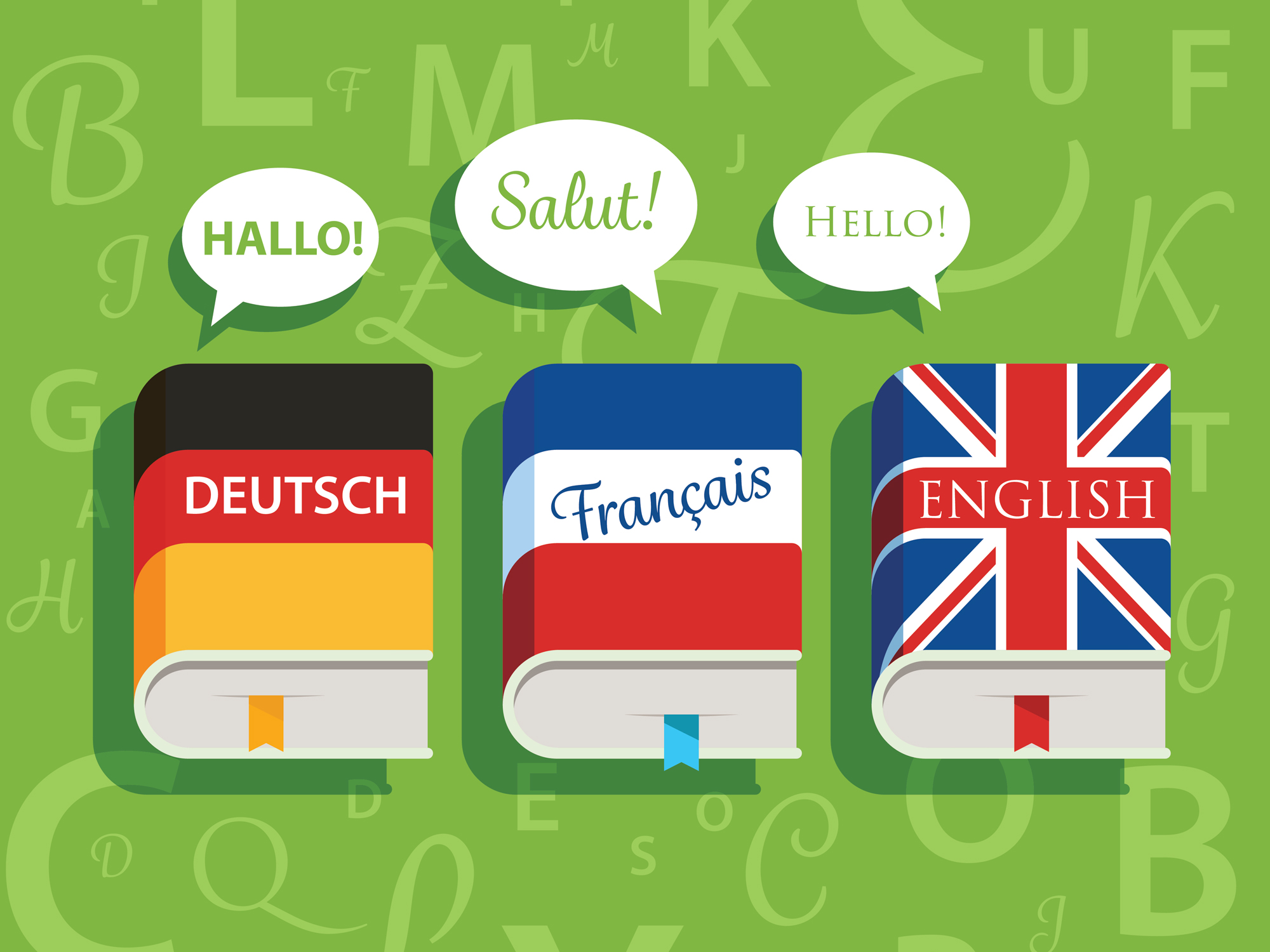Get Easy Health Digest™ in your inbox and don’t miss a thing when you subscribe today. Plus, get the free bonus report, Mother Nature’s Tips, Tricks and Remedies for Cholesterol, Blood Pressure & Blood Sugar as my way of saying welcome to the community!
Learning a second language protects your brain from Alzheimer’s

Think you’re already trying every trick in the book to keep your memory sharp and your brain dementia-free? Well, I have one more unique way you can fend off Alzheimer’s in the years to come…
It involves time and commitment. But the brain benefits are so great that it’s worth every second you put into it. Not to mention, it may be something that was already on your bucket list anyway…
I’m talking about learning a second language. I know it’s something I’ve always wanted to do. But I’ve never managed to find the time…
Maybe time has gotten in the way of your bilingual aspirations too. But I have a feeling that may change once you know what it can do for your brain…
Bilingualism and your brain
Everybody knows keeping your brain active is one of the keys to maintaining brain health…
You can do this in a lot of different ways — by playing brain games, reading, writing, taking up a new hobby. Of course, mounting research suggests learning a second language may be one of the best way to keep your brain active and healthy as you age…
Studies have shown that knowing a second language can delay the onset of Alzheimer’s by as much as five years. Unfortunately, being bilingual alone isn’t enough to keep Alzheimer’s away completely. Some bilingual people still develop the disease. But the way a bilingual brain reacts to Alzheimer’s is nothing short of amazing…
In the latest study from the University of Milan, researchers discovered that being bilingual makes your brain more resilient — even in the face of a devastating brain disease like Alzheimer’s.
People with Alzheimer’s who spoke two languages scored three to eight times higher on short-term and long-term memory tests than people who only spoke one language. And researchers think they know exactly why…
Based on the brain scans they took in their study, researchers found that bilingual people with Alzheimer’s have better functional connectivity in their frontal brain regions. That means the frontal regions of their brain (the parts tied to memory, language and learning) are able to communicate better with one another. As a result, bilingual people were able to think more clearly than the average person with Alzheimer’s.
Bilingual people also had better neural compensation. That means their brains figured out an effective way to cope with the degeneration caused by Alzheimer’s by finding alternative brain pathways that kept them functioning. This is known as neuroplasticity — and it’s proof, that with a little help, your brain can rewire itself to do amazing things.
The bilingual speakers also had a better neural reserve too, which means, after a lifetime of making their brain work harder, their brain had become more resistant to the damage caused by aging.
All in all, the benefits of bilingualism correspond with the popular notion that the more you use your brain, the less likely you are to lose your brain.
You’re never too old to learn a language…
Now, there’s one obvious question about the results of this study that you’ve likely asked yourself…
Is it too late to reap the brain benefits of bilingualism if you’re already in your later years?
And the answer is no, absolutely not.
Sure, the brain benefits of bilingualism may be greater if you’ve been speaking two languages since childhood or young adulthood. But it’s never too late to build neuronal networks in your brain, and learning a new language is a great way to do that.
In fact, some researchers believe learning a language later in life is even better for your brain precisely because it is more challenging than when you were young. That means it gives your brain an even better workout…
If you’re comparing it to physical exercise, for example, it’s like doing a heart-pounding workout rather than taking a leisurely stroll. Both are beneficial for your health, but you’ll build more muscles (whether they be mental or physical) if you challenge yourself.
Of course, when it comes to preserving your brain health, you don’t want to depend on learning a second language alone. You should adopt as many scientifically-proven brain-boosting habits as possible to keep dementia from knocking on your door, like:
- Eating enough foods with HDL (healthy) cholesterol to give your brain the fuel it needs.
- Taking a daily probiotic to keep your gut-brain connection working in your favor.
- Exercising your body along with your brain.
- Clearing dementia-causing wastes out of your brain with omega-3s
- Relaxing regularly in the sauna
- Getting your daily dose of B-vitamins to fend off brain diseases like Alzheimer’s and Parkinson’s.
Sources:
-
Perani, et al. “The impact of bilingualism on brain reserve and metabolic connectivity in Alzheimer’s dementia.” Proceedings of the National Academy of Sciences, 2017.
-
“Bilingual people may have an edge against Alzheimer’s.” MedicalXpress. https://medicalxpress.com. Retrieved February 1, 2017.
-
“Am I too old to learn a new language?” The Guardian. https://www.theguardian.com. Retrieved February 1, 2017.












